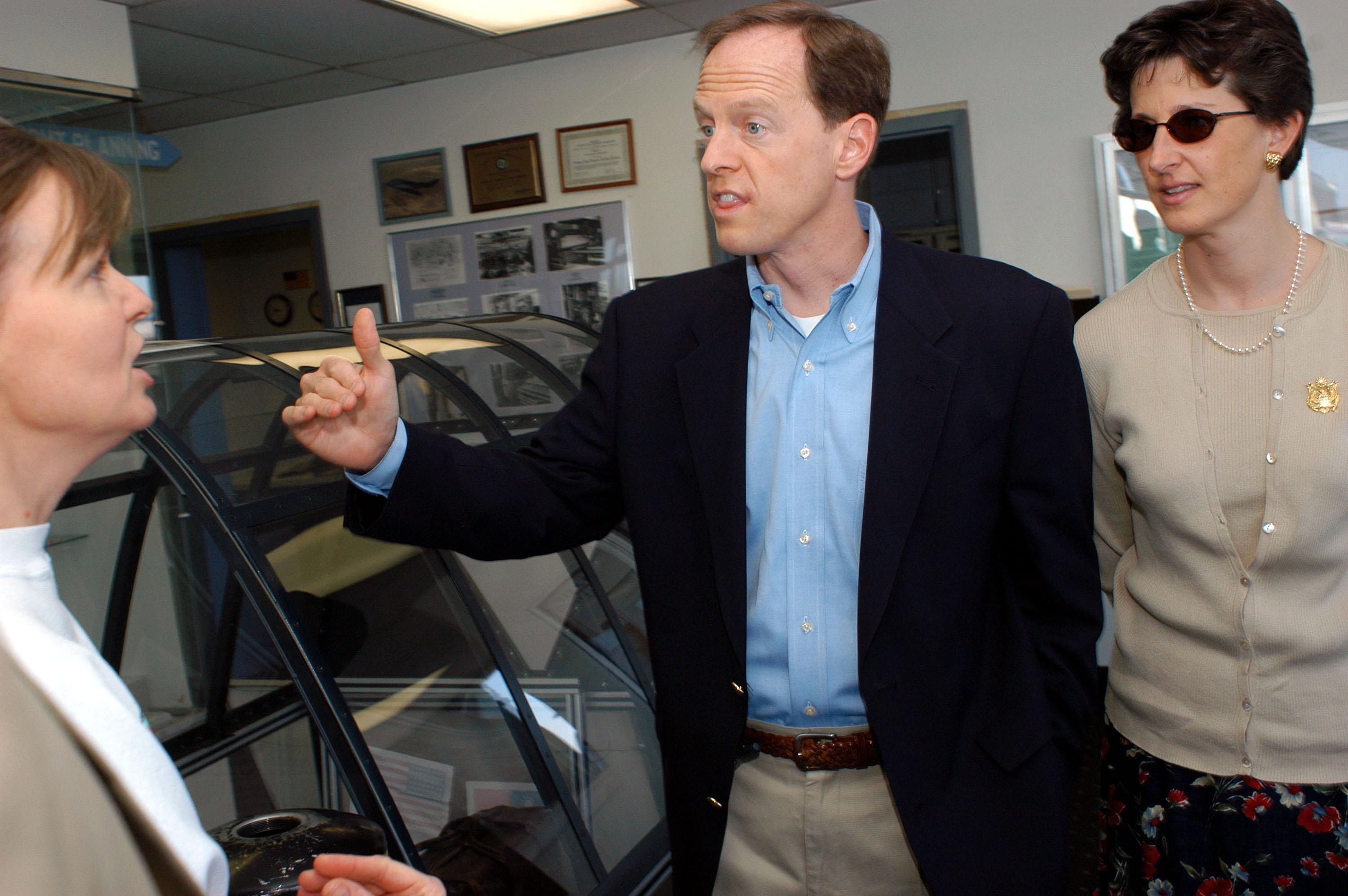Watching Janet Yellen’s confirmation hearings it’s no surprise that the bulk of the critical questions she’s receiving are coming from the Republican side or that they reflect a preference for tighter monetary policy.
What is interesting, however, is that the Hard Money Caucus can’t quite decide what the problem with current monetary policy is. Bob Corker, for example, complained that low interest rates and quantitative easing are artificially boosting the stock market and exacerbating inequality. Then the next Republican questioner was Pat Toomey, and he complained that low interest rates and quantitative easing are punishing savers.
I don’t think either of those is really true. But what I’m sure of is that you can’t simultaneously boost the stock market and punish savers. Now it’s true that if saved money and invested it all in long-dated bonds, then low interest rates has been bad for you. But if you saved money and invested it in a house, then low interest rates have been good. It’s also been good, per Corker’s point, if you invested your money in stocks. My 401(k) is way up—three cheers for QE.
And that’s the point. Monetary stimulus is intended to boost investment. Firms find it easier to borrow cash to invest in increased capacity. Demand for real estate and commodities rises. Share buybacks look less desirable as a use of retained corporate profits, so firms become more likely to invest in increased capacity. Some portfolios benefit and other portfolios suffer. In particular, if you take steps to boost investment and growth then growth-oriented portfolios do better.
